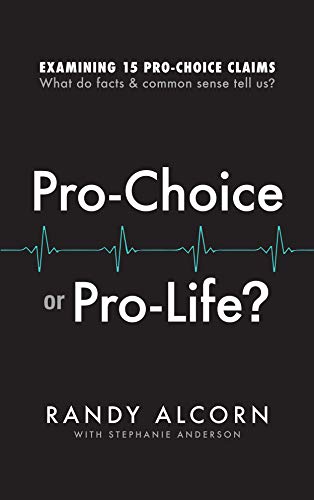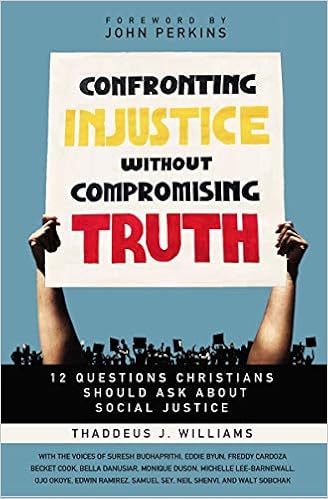Top Books from January 2021


I didn’t get off to a great start this year on my personal reading goals, but I was able to read a handful of great books that I’d encourage you to add to your reading list for this year. Here’s my top three from January:
Christians should care about injustice. The Bible talks repeatedly about justice, and God regularly commands His people to do justice in the land. But what does that mean? And does the cultural insistence on social justice coincide with what the Bible has to say? Thaddeus Williams begins by distinguishing between "Social Justice A" and "Social Justice B." Social Justice A is biblical justice applied to the social sphere, something that every Christian should be in favor of. Social Justice B is an entire worldview that threatens to divide more than it unites and undermine much of what the Bible teaches about justice.
Williams asks twelve pertinent questions to test the claims of Social Justice B against the claims of Scripture. These include:
- The God Question: Does our vision of social justice take seriously the godhood of God?
- The Imago Question: Does our vision of social justice acknowledge the image of God in everyone, regardless of size, shade, sex, or status?
- The Idolatry Question: Does our vision of social justice make a false god out of the self, the state, or social acceptance?
- The Collective Question: Does our vision of social justice take any group-identity more seriously than our identities “in Adam” and “in Christ”?
- The Splintering Question: Does our vision of social justice embrace divisive propaganda?
- The Fruit Question: Does our vision of social justice replace love, peace, and patience with suspicion, division, and rage?
- The Disparity Question: Does our vision of social justice prefer damning stories to undamning facts?
- The Color Question: Does our vision of social justice promote racial strife?
- The Gospel Question: Does our vision of social justice distort the best news in history?
- The Tunnel Vision Question: Does our vision of social justice make one way of seeing something the only way of seeing everything?
- The Suffering Question: Does our vision of social justice turn the “lived experience” of hurting people into more pain?
- The Standpoint Question: Does our vision of social justice turn the quest for truth into an identity game?
In each question Williams clearly and carefully demonstrates how "Social Justice B" undermines the biblical worldview and stirs up division rather than fostering unity. Interspersed throughout the twelve chapters are twelve inspiring stories about men and women who have been impacted by this worldview or delivered from it. For anyone who wants an entry-level understanding of Social Justice Worldview from a Christian perspective, I highly recommend this book.
This was a mindbender of a book, but oh so important! Helen Pluckrose and James Lindsay seek to explain the rise of critical theory and what I call "social justice worldview" by tracing its roots in postmodern thinkers like Michel Foucault. They call this new ideology "applied postmodernism" and explain how this movement has risen to its current stranglehold in the academy, the media, politics, and the culture at large. I was stunned by the inherent confusion and contradiction in critical theory, making it impossible to argue against without being guilty of using oppressive tools like logic and reason that are used to silence minority voices. While I disagree with the author's conclusions on how to stem the tide of critical theory in our world today, I highly recommend this book for anyone seeking to understand critical theory better. But be warned, it's a confusing and (at times) shocking read. (Note: this is not a Christian book and the authors are not Christians. Nevertheless, it’s an important read.)
 Pro-Choice or Pro-Life?: Examining 15 Pro-Choice Claims: What Do Facts & Common Sense Tell Us? By Randy Alcorn
Pro-Choice or Pro-Life?: Examining 15 Pro-Choice Claims: What Do Facts & Common Sense Tell Us? By Randy Alcorn
Once again Randy Alcorn tackles the pro-life vs. pro-choice debate with brilliance and gentleness. He argues that in many ways these two camps agree on more than they often admit. Pro-lifers agree that humans (and women!) should have the right to choose. But we don't have the right to choose anything and that right doesn't trump every other right. Pro-choicers agree that humans (and babies!) should have the right to life. They just disagree on what constitutes a human life worth defending. Alcorn nobly attempts to bridge the gap between these two warring camps by offering a clear and compelling case for the sanctity of human life and personhood from the moment of conception. If you've never considered a full-orbed defense of the sanctity of unborn life, I strongly recommend you consider a book like this. Even if you disagree, you'll at least better understand what Christians believe about abortion and the unborn.


.png)